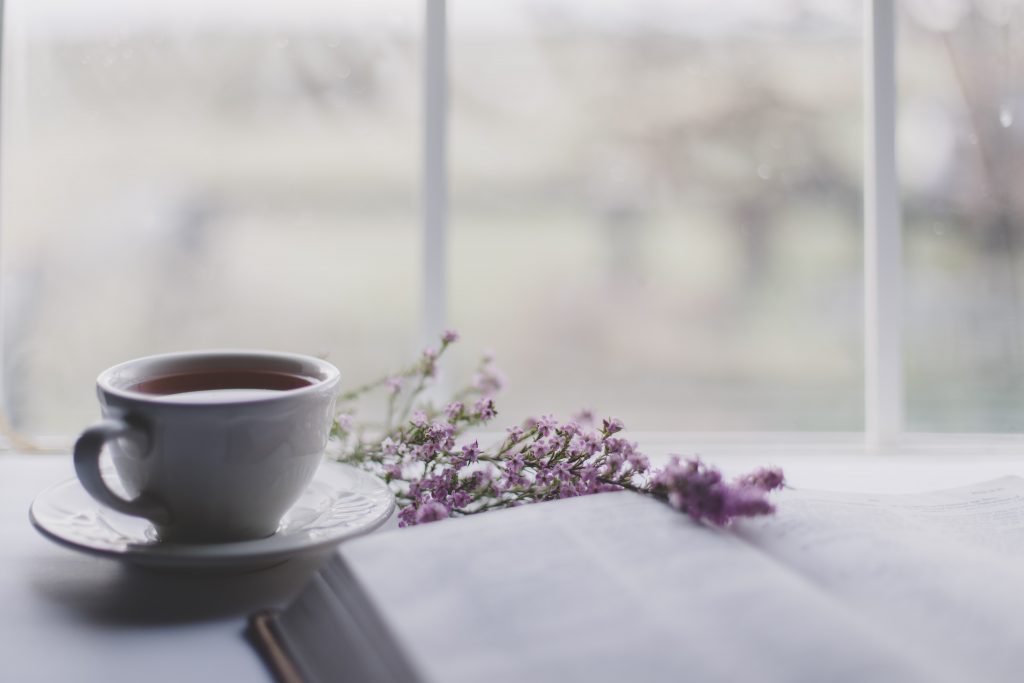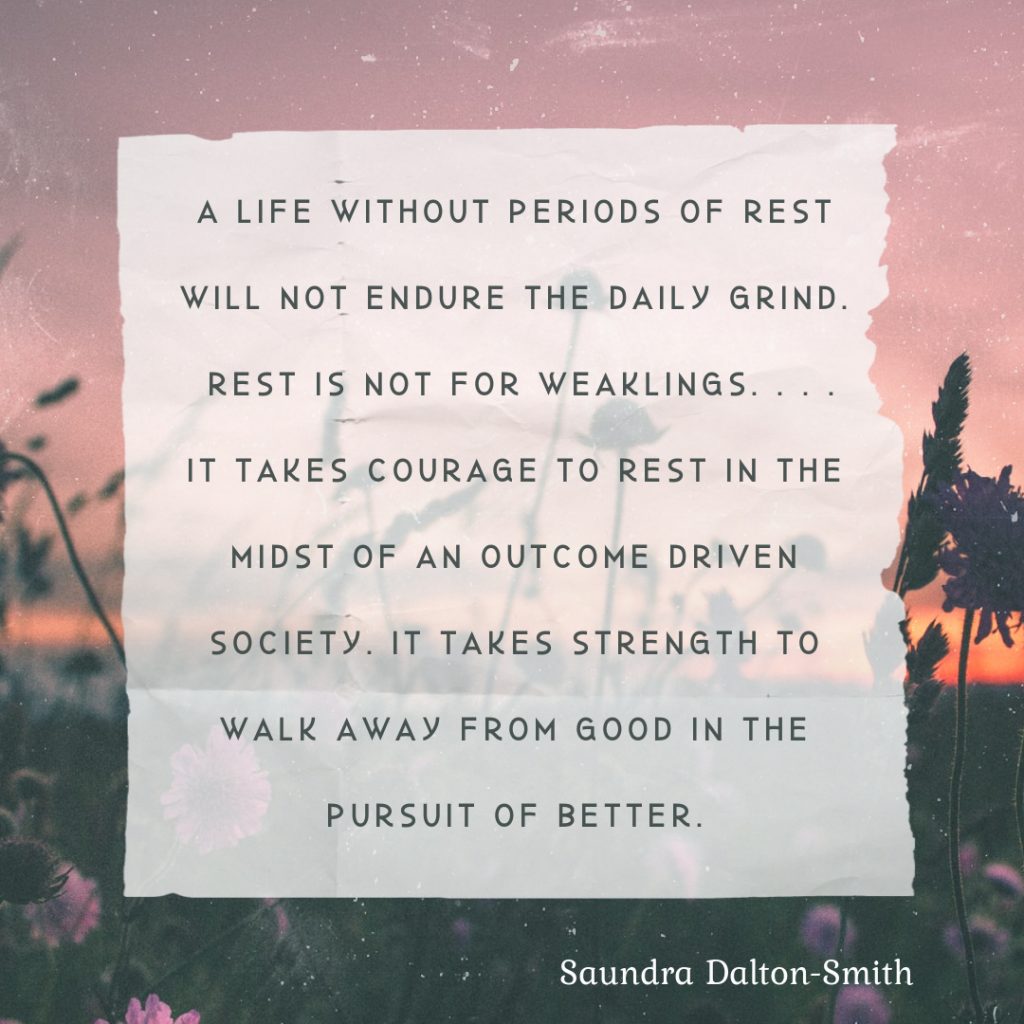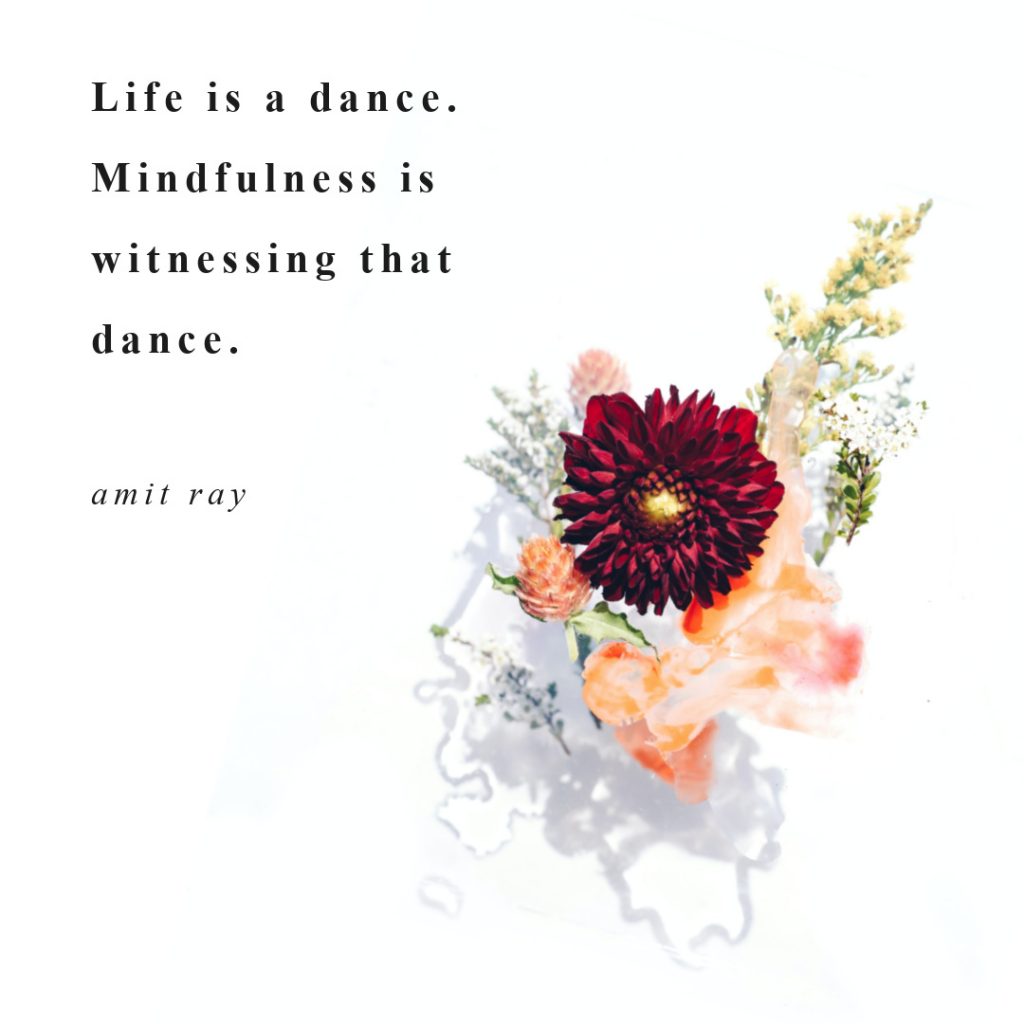Next week marks the middle of winter, and this late-January/early-February stretch is a difficult one for many, myself included: Christmas festivities and New Year’s fervor are a distant memory, and the warmth of spring is still a long way off. For the past few midwinters, I’ve taken my cue from Anne Bogel to acknowledge the challenges of this season by celebrating the habits, routines, and products that are carrying me through.
This January, as we emerge from 2020’s traumas and are quickly discovering that 2021 is just as fraught, our physical winter has aligned with a metaphoric one. Both feel harsh, with brighter days feeling mockingly distant.
In a recent podcast, I heard a clinical psychologist define mental wellness as “having the right feeling at the right time, and the capacity to weather it.” I’ve not been excelling at this of late: my emotions are all over the map, and more often than not they are threatening to take me under. If I want to weather this winter with wellness in tact, I need to be intentional about prioritizing my own mental and emotional well-being. Now, more than ever before, self-care is more than an indulgence; it’s a necessity.
And so, this year, as I ponder what is saving my life in this season, I’m looking beyond the tangible items that are adding ease and enjoyment to my days. Those have their place, of course, but right now it’s the rhythms and practices I’ve begun embracing that are truly nourishing my whole being and keeping me afloat in this trying season.
Almost all of these routines center around a theme of minimizing mental clutter by reducing external stimuli and creating more space for my soul to breathe. These practices build upon each other, and together they are serving to infuse sustenance and healing into my body, mind, and spirit.

Digging deep into Scripture.
In today’s heightened cultural and political climate, I often find myself engaging in the tedious task of weeding out the lies of every book, podcast, tv show, and conversation that comes my way. My efforts often feel futile, and I was reminded recently that my energy is better spent filling up on the truth—which of course means spending as much time as possible studying the Ultimate Source of Truth. This has taken a few forms for me lately: I’m memorizing a new verse every month, and I printed out and laminated copies of my monthly verse and posted them in strategic spots around the house so that God’s words are continuously on my mind. Additionally, I’m beginning each morning with a daily reading from this devotional and am thinking about adding in a second devotional reading for the evenings (any suggestions?).
And then there’s dedicated reading of God’s word. After reading through the whole Bible for two consecutive years, I’m spending 2021 doing a deep-dive into the New Testament. The bulk of my Bible study time has been taking place in the hour between breakfast and this twins’ morning nap (aka school time for Charleston and me): while the kids play around me, I read a chapter of Scripture (following this plan from The Bible Project). I’m reading and taking notes in my CSB She Read’s Truth Study Bible, followed by a re-read of the passage in The Passion translation. I’m supplementing my reading with this commentary as well as The Bible Project’s videos that are incorporated into the plan. I’ve also been journaling through my readings in a notebook that holds my daily written prayers to God.
Starting my mornings with God (with kids present) has required a mix of dedication and flexibility, as well as grace for myself when this time is interrupted by the kids’ squabbles or accidents, but I value their seeing me in the Word every morning, and our days always go much more smoothly when I prioritize this time with the Lord.
Regular “mom” breaks.
Back before the twins were born, and before the world shut down due to COVID, I had a lot more parenting breaks built into my routines thanks to the free childcare provided during my weekly Bible studies and MOPS groups and daily workouts at the gym. Now, I’m home all day with three kids and it’s up to me to take breaks where I can get them.
Lately I’ve been taking time for myself and God in the mornings (as I mentioned above), and Charleston and I work hard to get his schoolwork done in the mornings so that I can have some more alone time during the twins’ second nap. I usually spend this time reading, eating lunch, or even taking a nap while Charleston plays quietly at the dining table or in his room. This afternoon respite fills me up with the energy I need to make it to bedtime. Once the kids are asleep for the night, I am diligent about spending some time reading, writing, hanging out with Luke, or engaging in other restful activities beyond the necessary nighttime chores.
Luke doesn’t have much flexibility with his work during the week, but on the weekends he usually takes Charleston—and in the past month, the twins too!—to his parents’ house for most of Saturday or Sunday to give me time to blog, run errands, or just sit and stare at the wall in peace. I often feel guilt creeping in for taking so much time for my self, but I also know that these breaks are an absolute necessity if I want to show up as my best self in the hours when I need (and want) to be fully present with my kids.

Intentional reading habits.
Getting through books isn’t difficult for me, but over the past year I have not been happy with my haphazard approach to reading. I was letting library holds dictate my reading choices, bouncing between formats and genres throughout the day, squeezing in reading time where it didn’t want to be, and neglecting to read when it was what I wanted to be doing. For this season, I’m finding more fulfillment in my reading life by taking an intentional approach to my book selection and reading time.
I’ve been choosing Christian nonfiction for my Kindle reading, which I read whenever I’m nursing in the twins and in the half hour I lie with Charleston while he falls asleep at night. I’ve been reading physical novels from my bookshelf or from the library at night, and I have loved getting back into printed books after reading very few print books in the past few years.
I’ve cut back quite a bit on audiobooks, reserving them for times when I can give them my full attention (i.e., when the kids aren’t around) rather than letting them serve as background noise while I’m driving or doing housework. I’m still doing a mix of fiction and nonfiction on audio, but I’m being more particular about the books I choose to listen to versus those I choose to read with my eyes, and I have a set queue of books I will be listening to next instead of mindlessly plowing through one audiobook after another.
This new approach will likely mean that I polish off fewer books, but it’s a sacrifice I’ve been happy to make, as I have been getting SO MUCH more enjoyment out of the books that I am reading.
Ditching my phone more often.
I’ve consumed countless podcasts, articles, and books about the perils of excessive screen time, and could probably write an entire book myself about the harmful effects I’ve observed from my own phone addiction. In fact, I’ll likely dedicate a blog series to this topic in the future. For the sake of this post, I’ll simply note that I was unhappy with the amount of time and attention I was giving to my screen, while neglecting to be present to my real-life people and environments. I also hated the hypocritical model I was setting for my kids, whose screen time I strictly limit.
In the past few weeks I’ve deleted several apps, turned off notifications, and made it a habit to leave my phone in another room whenever possible. I’m leaving out my earbuds more often, I’m pausing before immediately reaching for my phone when I’m bored or want a quick answer to a question, and I’m doing more of my reading, journaling, and note-taking on paper instead of on my phone. I’m also putting my phone away in the evenings, staying off it entirely in the couple of hours before I go to bed. In viewing my phone as a tool rather than my go-to source for entertainment, education, and distraction, I’ve successfully reduced my daily screen time by more than fifty percent.
It’s hard to convey the relief I’ve experienced as a result of these changes. I feel more physically and emotionally present, and by refusing to be distracted by my phone, I am finding more enjoyment in my everyday life. The world around me feels more vibrant and I am much more in tune with my ideas and emotions. I still dedicate more time to my phone than I’d care to admit, but my newfound knowledge of the demerits of excessive screen time and the value of screen-FREE time has me desiring to reach for my phone less and less.
Practicing mindful observation.
This final rhythm ties directly into my decreased screen time: with my eyes no longer glued to my phone, they are opening up to the world around me in some powerful new ways and I am making the most of every opportunity to be fully present and grounded in both the joys and the rigors of my everyday life. I’m slowing down my body, my thoughts, and my activities to take in the sights and sounds around me, viewing my world as it is and not as I wish it would be. This intentional mindfulness work has been inspired by my decision to seek out wonder in 2021, and in just one month I have had had more #wonderstruck moments than the past several years combined. It’s remarkable how such a simple practice can yield such huge benefits.

In embracing these new rhythms lately, it’s been important for me to keep in mind that these are helpful tools and NOT the ultimate saviors of my personal sanity. I know myself and my own tendency to cling too tightly to what’s working, hyperfocusing on the practices themselves to the detriment of their intended outcomes. It’s vital for me to recognize these as gifts to be savored rather than obligations demanding dogmatic application. I need to acknowledge that loosening up on any one of these rhythms won’t necessarily set me on a downward mental spiral, and that it’s okay—crucial, even—to let go of these rhythms if I find they are no longer serving me. That said. . . I am so very thankful for the healing and soul rest I have found through each of these regular practices that are truly saving my life right now.
And now, for some full disclosure: I wrote the rest of this post over a week ago, and the days since have been some of the hardest in my memory. I have been hit once again with crippling depression and anxiety, with daily panic attacks (including one that lasted over six hours). Then, when I thought it couldn’t get worse, our entire family of five came down with a vicious stomach bug. I’ll spare you the details, but it hasn’t been pretty, and we’re still not on the other side. Amid these trials, I’ve been even more appreciative of these practices that are keeping me going in more ways than I can express.
Friends, how are you holding up this season? I hope you are doing all that you can to protect your hearts and minds in these challenging times. What habits and routines are sustaining you through the treacherous waters of life these days?
Praying right now for health for you and your family. I love the Bible project but had no idea about their bible reading plan. I can relate to having trouble with holds dictating reading. I am still struggling getting my reading into a rhythm and being more intentional.
I made a bunch of technology changes this month too — and it’s made a WORLD of difference!! Thanks for sharing your list!
I have three devotionals that I start the day with and it has been such a comfort for me this year.
I can’t get by without my 6:00 a.m. devotions, either! And may I recommend the book Adoration by Sara Haggerty? It’s been an important survival tool to me lately.
Beautifully written as always. For your evening devotional you cannot go wrong with the classic My Utmost For His Highest. I have an older, leather-bound copy with a place to journal beside the devotion. Even though most pages are written in I still pull it out in seasons and add additional thoughts. Plus, it’s always interesting to see what I wrote in the years previously. Reading is saving my life, too. I read 16 books in January – the most I have EVER read in a month. And, swimming laps. Yep, saving my life.
I have a copy of My Utmost for His Highest on my shelf, and one on my Kindle, but it’s been years since my last time through it. That’s such a great suggestion, I think I will take you up on the idea!
That is quite a few books, wow! I wish I enjoyed swimming; it was a lifesaver for me when I was pregnant, but not-pregnant me can’t stand the pool!
Some days are so hard! I hope you can find relief soon. 😘🤗